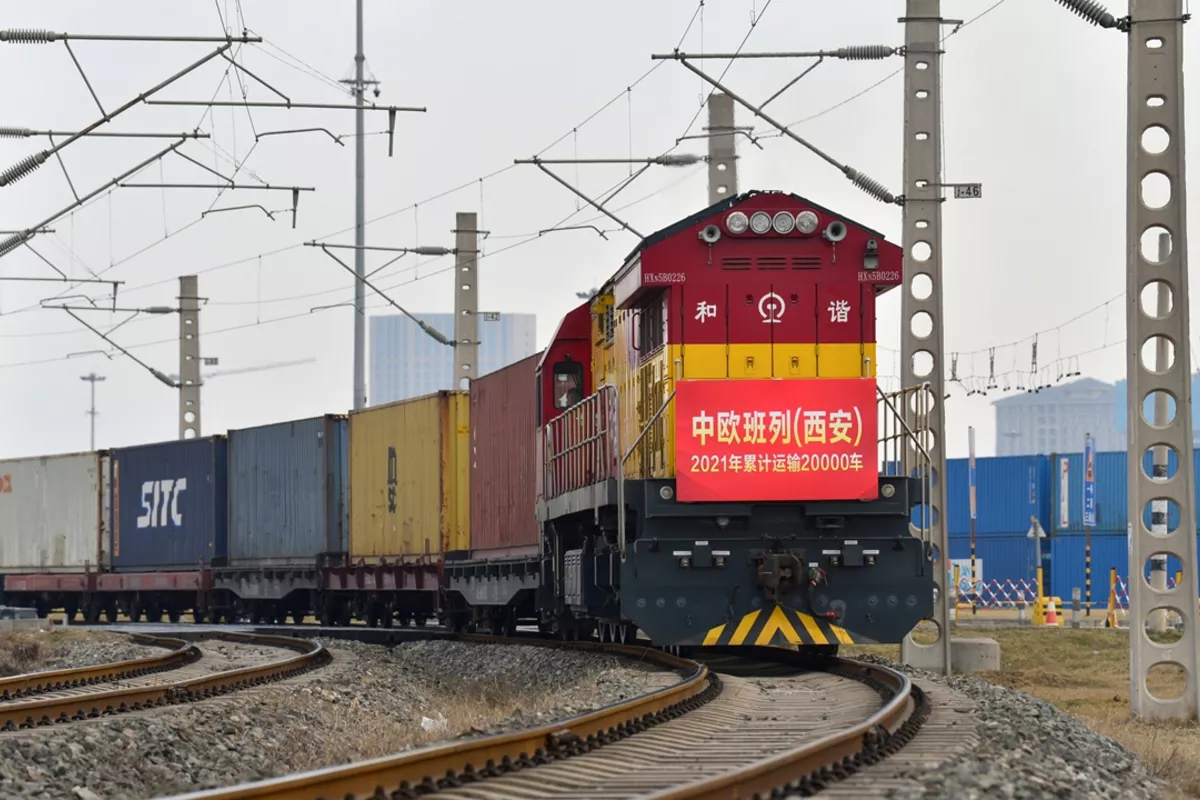
Kazakhstan and China have launched a groundbreaking pilot project called "Smart Customs," which will allow the use of driverless vehicles to transport cargo across their shared border.
The program is currently being tested at the Bakhty (Kazakhstan) and Pokitu (China) border checkpoints. Its main goal is to streamline customs procedures using high-tech solutions, with autonomous trucks as the project’s central feature. These unmanned vehicles are designed to cross the border automatically, removing the need for human drivers, The Caspian Post reports citing foreign media.
The initiative was formalized during a working meeting between Zhandos Duisembiev, Chairman of Kazakhstan’s State Revenue Committee, and Zhixianwei, Party Secretary of the Chinese city of Tacheng in the Xinjiang Uyghur Autonomous Region. The two sides signed a cooperation agreement confirming their commitment to harmonize efforts, share expertise, and support digital innovation in logistics.
The Smart Customs system incorporates several advanced technologies:
- A unified electronic declaration system recognized by both countries
- Fully digitized documentation and data processing
- Continuous, unmanned cargo movement across the border
- Automated navigation and operational control
These innovations are expected to reduce border processing times, lower transportation costs, and improve operational transparency. The project also aims to support the development of logistics infrastructure along the border.
Key objectives of the initiative include:
According to Kazakhstan’s Ministry of Finance, the initiative is intended to strengthen the country’s position as a regional transit hub and to deepen trade relations with China.
Kazakhstan has previously faced criticism over delays in customs inspections. A study by the German Society for International Cooperation (GIZ) in late 2024 found Kazakhstan had the slowest inspection times among Central Asian countries, averaging 2 hours and 26 minutes per cargo inspection. In comparison, Turkmenistan averaged 50 minutes, Uzbekistan 1 hour and 25 minutes, Kyrgyzstan 1 hour and 28 minutes, and Tajikistan 1 hour and 50 minutes.
The rollout of Smart Customs is expected to significantly improve these statistics and help Kazakhstan match the efficiency of regional leaders in border processing.
Autonomous cross-border freight transport has also been explored by Russia and China. Previous plans aimed to launch driverless cargo operations across the new Blagoveshchensk-Heihe Bridge, although that project has yet to materialize.
Share on social media
